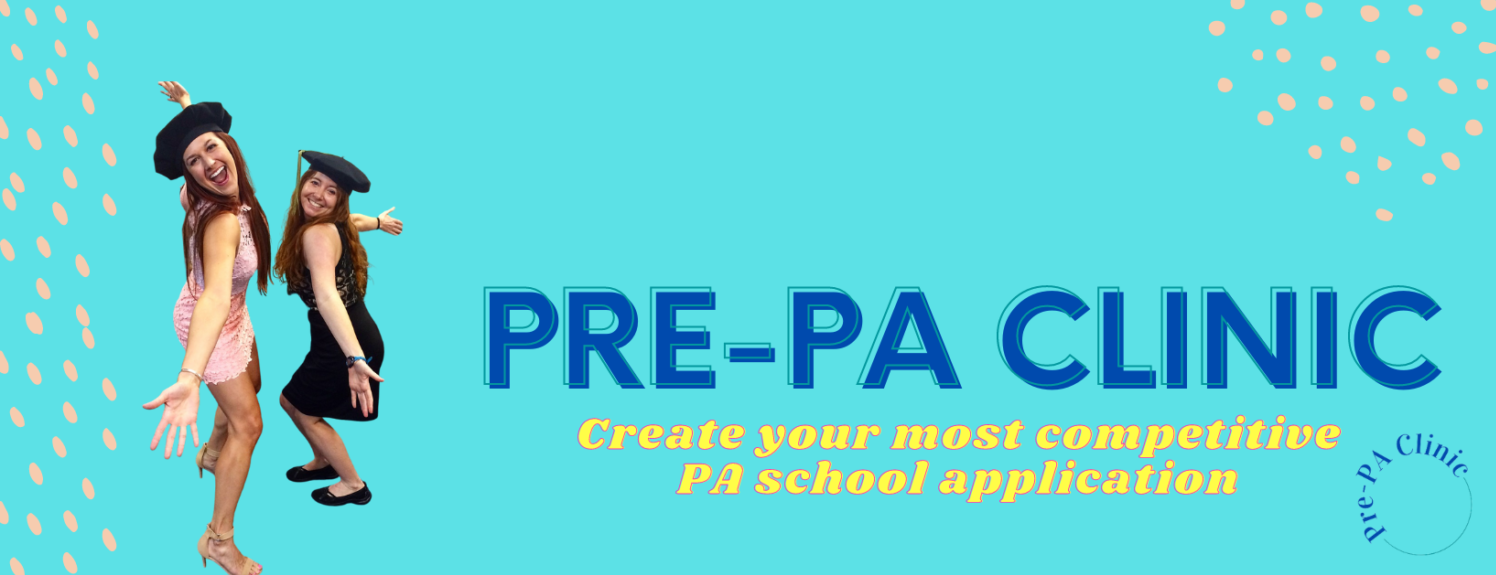
If the idea of sitting across from an admissions panel makes your palms sweat…
And the thought of bouncing between stations during an MMI feels like a bad episode of Survivor…
You’re not alone.
PA school interviews can feel like a mystery game where the stakes are your future. And to make it even more confusing? Different programs use different formats.
But don’t worry—we’re cracking the code today.
Let’s break down the two major types of PA school interviews (MMI vs. traditional), what’s actually being assessed, and how to show up prepared, confident, and totally unshakable.
So First… What Is an MMI?
MMI stands for Multiple Mini Interview. Think of it like interview speed dating. 👀
You rotate through a series of short, timed stations (usually 6–10) and answer a prompt, complete a task, or discuss a scenario.
You might:
- Respond to an ethical dilemma
- Roleplay with an actor playing a difficult patient
- Work through a teamwork or problem-solving challenge
- Explain your reasoning out loud on a tricky decision
Each station typically lasts 5–8 minutes, and you get scored by a different interviewer at each one.
Sounds stressful? Yeah. But also kind of amazing.
Because it’s not about being perfect—it’s about how you think on your feet, communicate, and handle pressure. 🧠✨
Traditional Interviews: The OG Format
This is what you probably picture when you hear “interview.”
You sit across from a panel (or sometimes a single interviewer), and they ask you questions like:
- “Why do you want to be a PA?”
- “Tell us about a time you failed.”
- “What are your strengths and weaknesses?”
- “Why should we choose you over another applicant?”
It’s more conversational, and usually lasts 30–60 minutes.
Sounds easier? Maybe. But it requires deep self-awareness and a whole lot of prep to avoid sounding robotic or rehearsed.
Which Type of Interview Is Harder?
Honestly?
Neither. And both. 😅
They just test different skills.
💡 MMIs are all about your critical thinking, communication, ethics, and emotional intelligence under pressure.
💡 Traditional interviews assess your motivations, self-reflection, and how well you articulate your “why.”
If you’re more spontaneous and think well on the fly, MMIs might feel easier.
If you love deep conversations and feel more confident when you’ve prepped your talking points, traditional might feel more natural.
But here’s the truth bomb: You don’t get to choose.
That’s why you need to prep for both.
How to Prepare Like a Rockstar
🧠 For MMI Interviews:
- Practice with timed prompts
Grab a friend, set a timer for 2 minutes to read and think, then 5–6 minutes to respond. Keep it short, clear, and structured. - Learn a simple answer formula
Use frameworks like:- Ethical dilemma? Use SEEE: State the problem, Explore options, Explain reasoning, Explain impact.
- Situational questions? Use SPAR: Situation, Problem, Action, Result.
- Roleplay
Seriously. It feels awkward—but it works. Practice with a friend or record yourself. - Focus on communication, not perfection
You’re not being graded on having the “right” answer. They want to see how you approach it. Stay calm, structured, and clear.
💬 For Traditional Interviews:
- Know your “why” inside and out
Why PA, not MD or NP? Why this school? Why now? If your answers feel fuzzy, admissions will pick up on it. - Master your stories
Reflect on 5–6 personal experiences (PCE/HCE, shadowing, volunteering) and turn them into flexible “story blocks” you can use to answer behavioral questions. - Practice answering out loud
Thinking it in your head is not the same as saying it clearly under pressure. Voice memo yourself. Practice with a mentor. Do a Mock Interview (👋 hey, we’ve got you). - Ask really good questions at the end
Pro tip: “What opportunities do you have for your students for professional development?” or “How does your program support [name a value of their program that you truly align with]?” = gold.
Final Thoughts: You Can Crush Either Format
You don’t have to be the loudest.
You don’t have to be the most extroverted.
You don’t even have to get every question “right.”
You just have to prepare intentionally, show up authentically, and remember: these programs want real humans who care deeply, think critically, and connect well with patients.
And you’ve got that in spades.
Ready to Get Real Interview Practice?
We’ve helped hundreds of pre-PAs feel confident, prepared, and interview-ready with our 1:1 mock interviews. Whether your program does MMIs or traditional, we’ll walk you through it—practice, feedback, and strategy included.
Because the only thing standing between you and your white coat?
Is showing them who you are.

